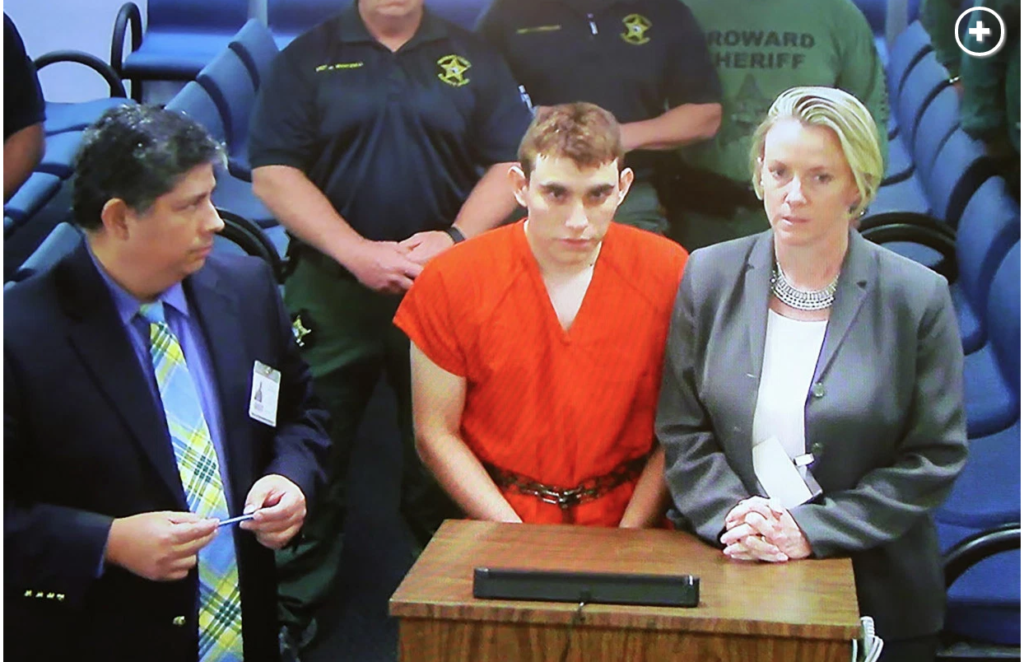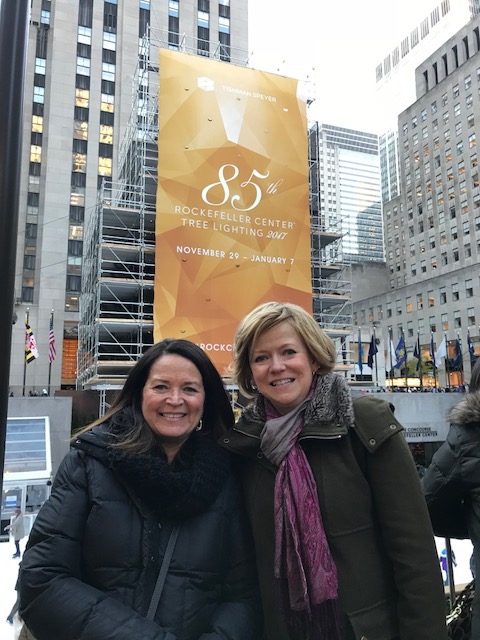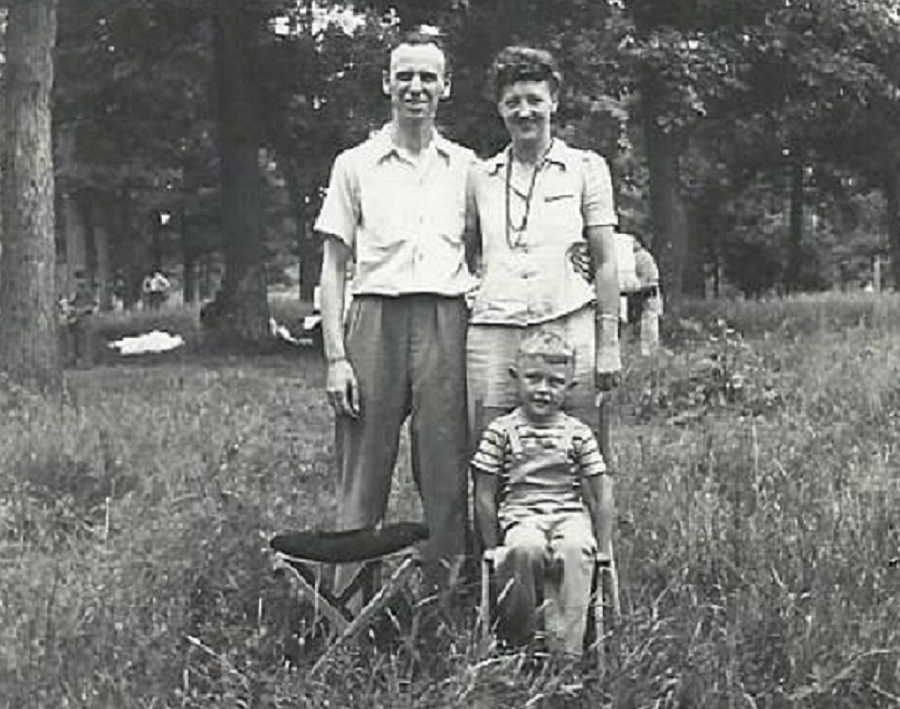I want to know more about Nikolas Cruz. He is the adoptee charged with killing 17 people at his former high school in Parkland, Florida.
The media described Cruz as a disturbed orphan who recently lost his adoptive mother. Nobody seems to know anything about his biological parents. What would his biological family’s history show? What secrets lie in the young man’s DNA, and what does Cruz know about his blood relatives? Did his adoptive parents know about their son’s natural parents?
The media quickly pointed out that Cruz was adopted, which offended some of my adoptee friends on Facebook. Nobody knows if being adopted played a part in his rampage.

Do Adoptees Have a Greater Propensity for Violence?
Many adoptees have mental health problems. Whether they are more prone to violent behavior is open to debate. While adoptees appear to be overrepresented among famous serial killers, criminologist Scott Bonn does not believe being adopted turned them into killers. Being adopted does not determine violent behavior, Bonn told A & E Crime Blog.
Typically, serial killers are psychopaths who lack normal emotion or empathy, have other personality disorders or severe mental illness, Bonn said.
“The personality disorders are the instability that drives them to violence, not the fact that they were adopted,” Bonn said. “They are very disturbed individuals to begin with.”
Bonn, who wrote “Why We Love Serial Killers,” believes psychopaths are born not made.
One of Cruz’s attorneys said he struggled with mental illness throughout his life.
“He is a broken human being,” said assistant public defender Melissa McNeill.
For Adoptees, Does Nature Trump Nurture?
As a child, I watched “The Bad Seed,” a movie about an eight-year-old girl named Rhoda who killed a classmate after he beat her in the penmanship competition. When the caretaker at home threatened to expose her crime, Rhoda killed him by setting his bedding on fire. The movie’s adoption angle went over my head. Seeing a little girl kill people and show no remorse left an impression on me.
Decades later, I watched “The Bad Seed” again. Rhoda’s kind and loving mother, Christine, was the biological daughter of a notorious serial killer. Though raised by good adoptive parents herself, Christine could not change Rhoda. She was a bad seed with blonde pigtails and pinafores. The melodrama made me wonder about our ability to overcome bad genes.
David Berkowitz, aka “Son of Sam,” also had loving adoptive parents, said Bonn the criminologist who corresponded with him. Berkowitz achieved notoriety in 1977. Armed with a .44-caliber revolver, he killed six people and injured seven others in New York City.
Cruz experienced loss and rejection throughout his life. His adoptive father passed away when he was a little boy and Cruz’s loving mother died in 2017. His mother’s death and his recent expulsion from school may have unhinged Cruz. He had a history of causing trouble, behaving strangely and posting disturbing images on social media. I wonder if he inherited defective genes or was harmed in the womb by his mother’s drug or alcohol use. Maybe multiple traumas led to Cruz’s rage. What do you think triggered him?




